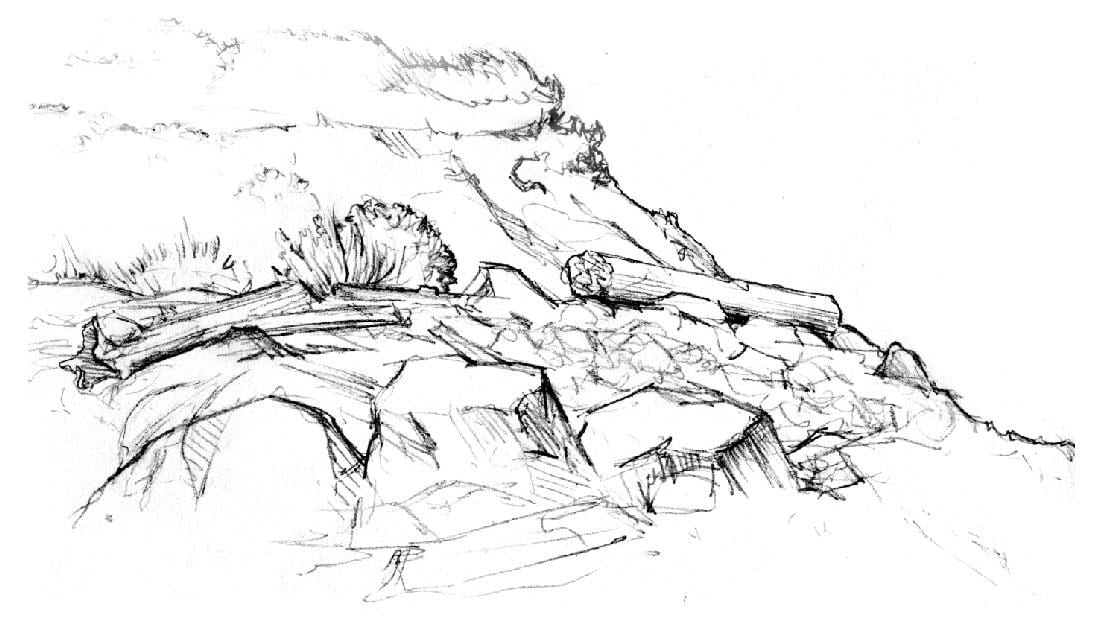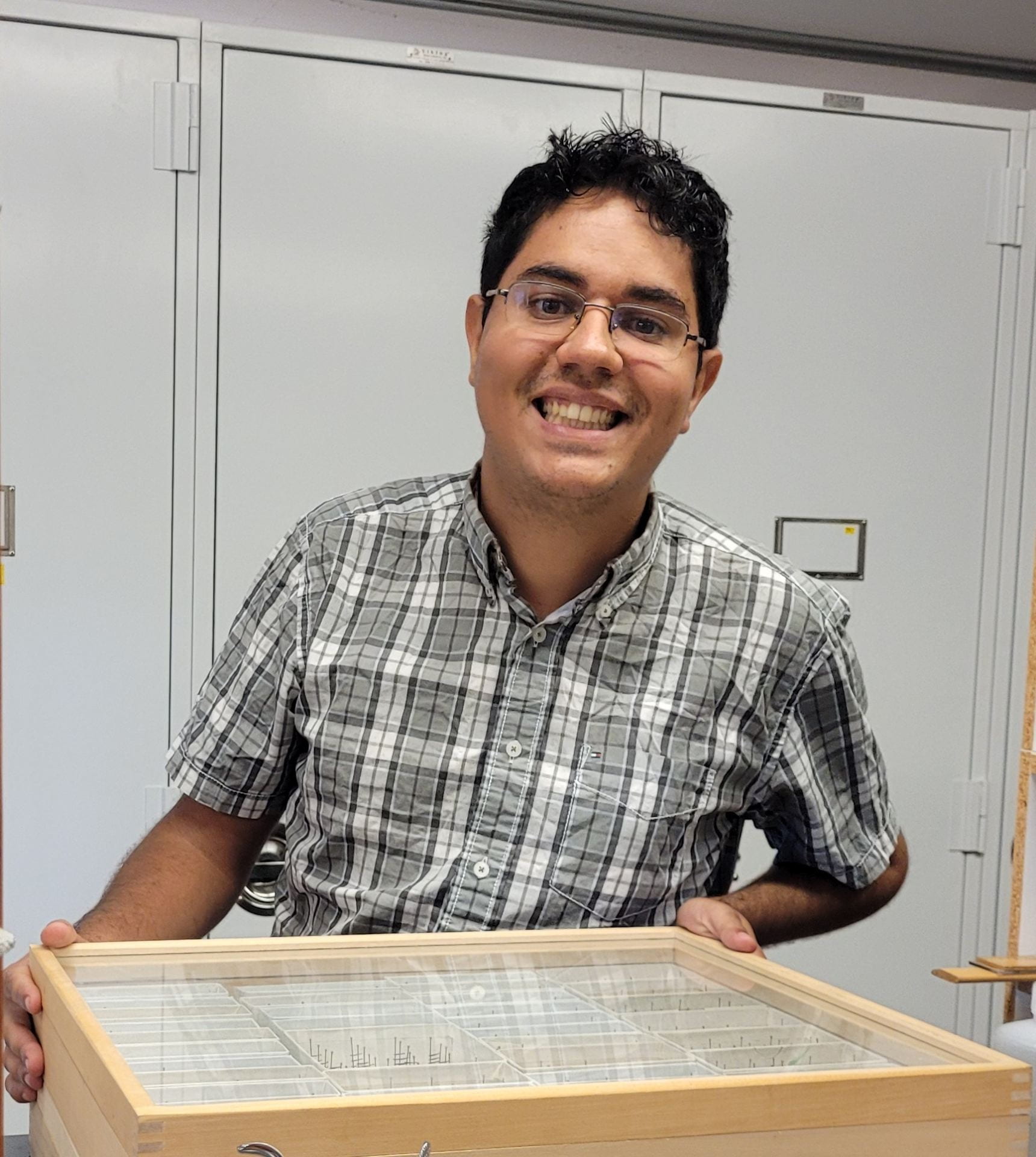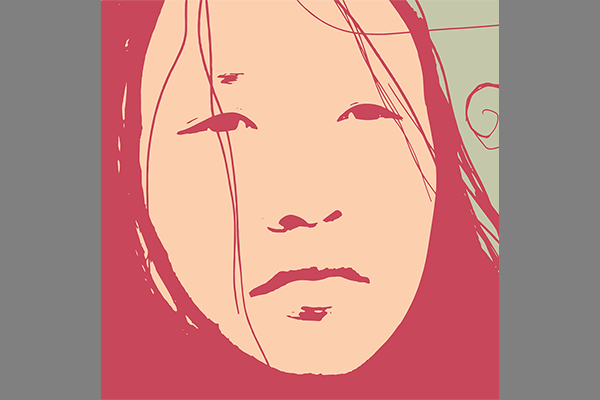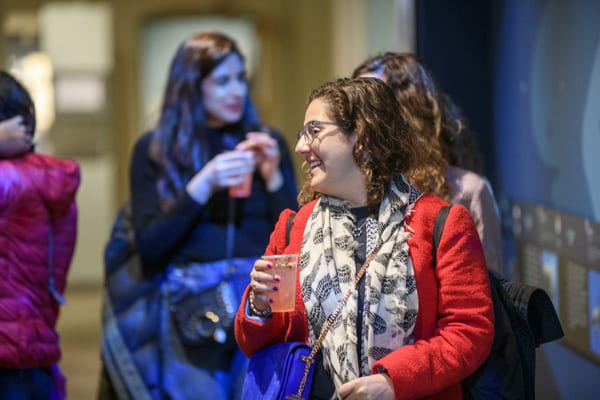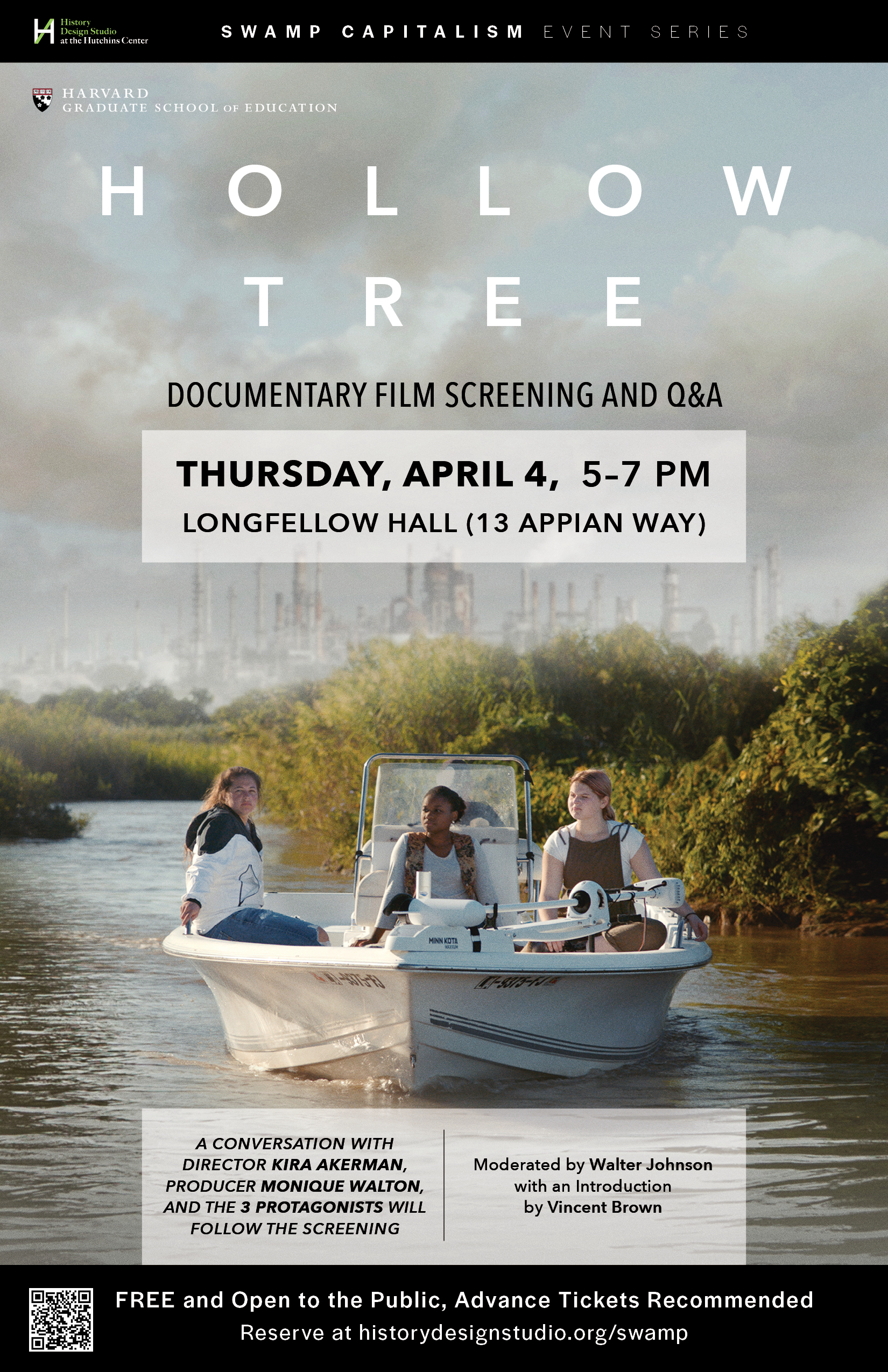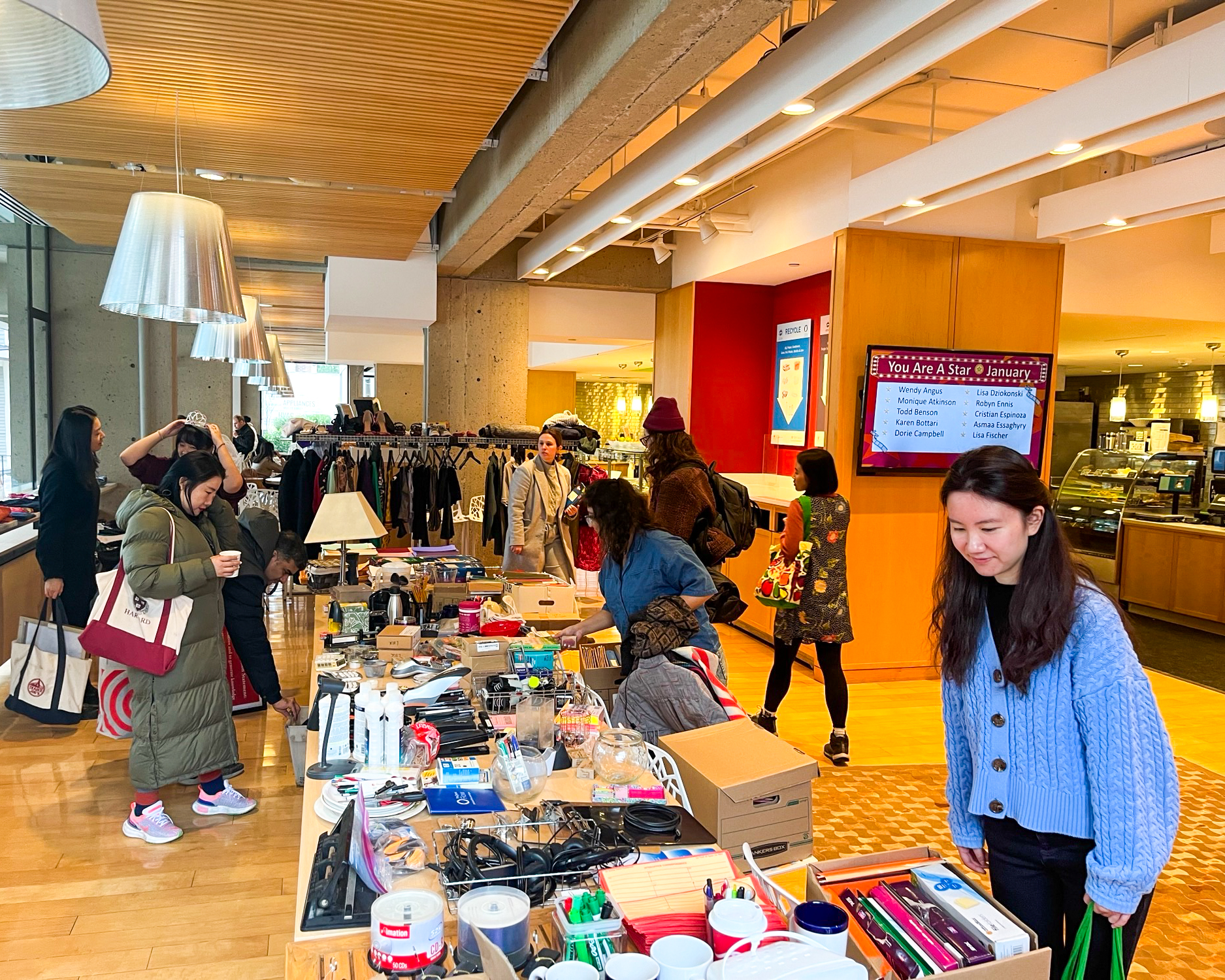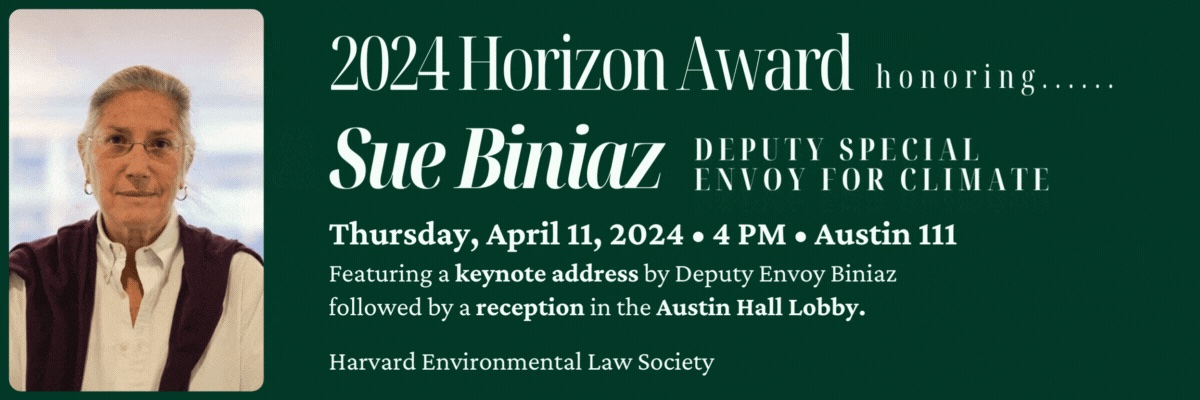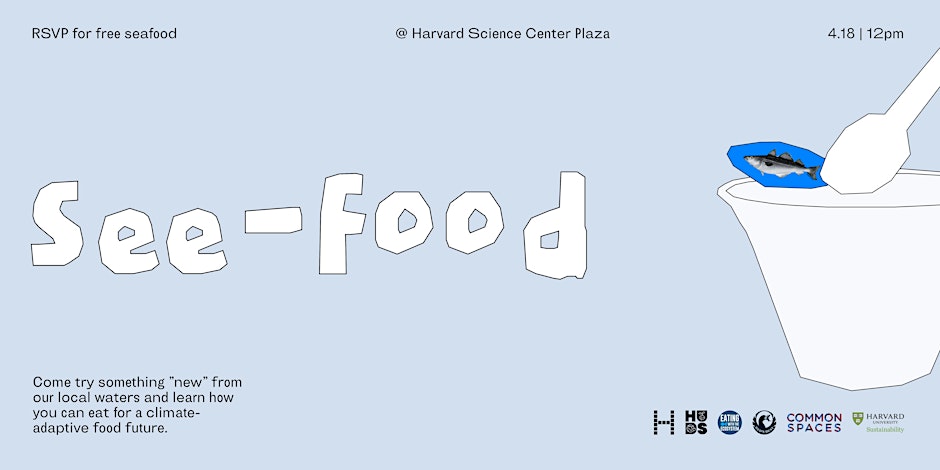Salata Institute Climate Research Cluster Info Session III
Harvard University Center for the Environment 26 Oxford Street, Cambridge, MA, United StatesThe Salata Institute is committed to supporting research that promises to make a real-world impact on the climate crisis. The Climate Research Clusters Program delivers on that commitment by funding research about complex climate problems that produces useful and practical solutions. Clusters comprise interdisciplinary, cross-School teams of researchers, whose varied expertise is required to address the complexity of the problems that they seek to solve. The problems are broad enough that their solutions represent significant progress in meeting the world’s climate challenge. As part of the program, a consultative process was created to facilitate the development of strong proposals to the Climate Research Clusters Program. This process includes Q&A sessions, a networking reception, presentations of proposed projects, and consultations with prospective project teams. While we encourage engagement in this process, participation in these events is optional. Join us for the first information session by registering below.
